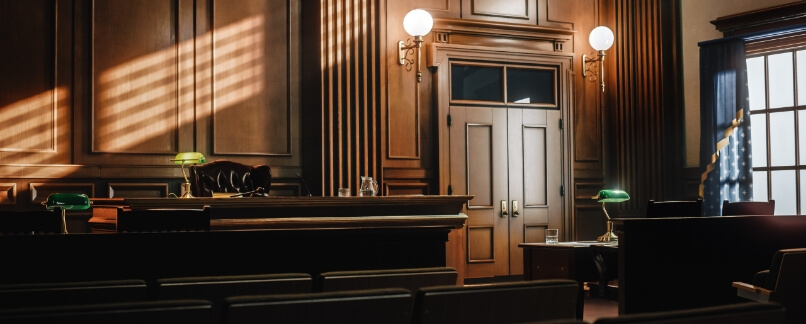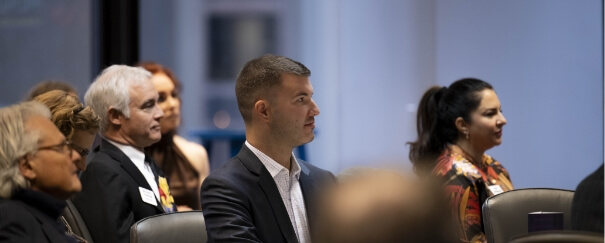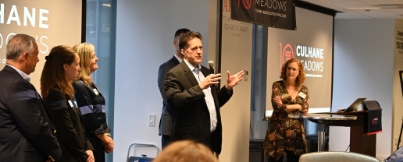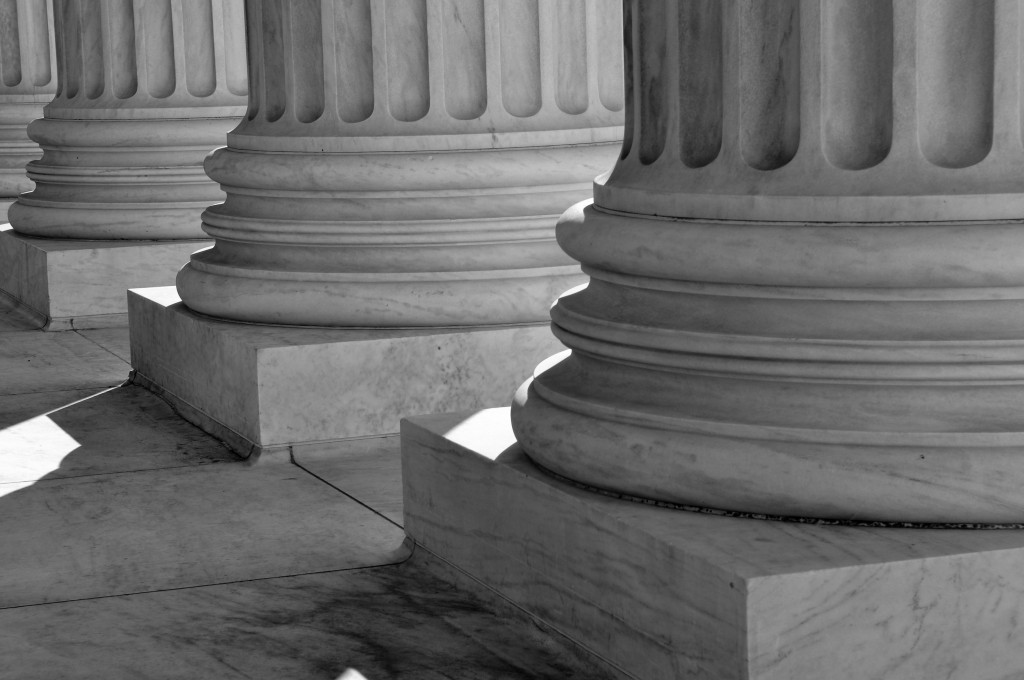With 2015 still young, it’s a good moment to recap some major rule and other changes adopted by New York State Supreme Court’s Commercial Division in the year just ended:
- Creation of a “rocket docket,” of sorts, allowing parties to agree to an “accelerated adjudication process,” including prospectively in their contracts, contemplating a non-jury trial in nine months, curtailed discovery and waiver of punitive damages, interlocutory appeals, and objections based on lack of personal jurisdiction and inconvenient forum (Rule 9 within Uniform Court Rule 202.70);
- Limiting interrogatories to 25 in number and by topic (Rule 11-a) and limiting depositions to ten, each of seven hours’ duration (Rule 11- d), unless leave otherwise is granted;
- Allowing preparation of privilege logs using categorical, rather than document-by-document, descriptions, and allowing e-mail strings to be listed in aggregate (Rule 11-b(b));
- In New York County, setting up a pilot program directing one case in five to mandatory mediation (with certain exceptions)(Rule 3);
- Governing disclosure of electronically stored information by non-parties (Rule 11-c);
- Raising amount in controversy thresholds in various Commercial Divisions around the state (Uniform Rule 202.70(a)). In New York County, it’s now $500,000;
- Addressing the transfer of cases into the Commercial Division which were not filed there at inception (Uniform Rule 202.70(d), (e));
- A proposed rule requiring that, if an objection is asserted to a notice for inspection and copying, that the responding party state whether material is in fact being produced and, if not, stating the objection with specificity; and
- Soliciting “highly seasoned practitioners,” no longer in active practice, to serve pro bono as Special Masters to hear and report on discovery and other disputes.
Finally, to ring in the New Year, the Commercial Division added a Preamble to its Rules of Practice on January 7, 2015 warning that it “will not tolerate” “dilatory tactics” by counsel, including failures to appear, undue delay in document production or causing other parties to incur unnecessary costs.
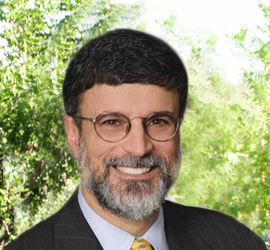 David Jacoby is a seasoned commercial litigator in Culhane Meadows’ New York City office. He has helped clients navigate disputes in a wide range of industries including haute couture, motion picture, franchising, financial and software industries involving trademarks, anti-counterfeiting, copyrights, trade secrets, Internet issues and contract rights. He has tried or argued cases in numerous state and federal trial and appellate courts, in private arbitrations, and at the Iran-U.S. Claims Tribunal at The Hague. He can be reached at djacoby@culhane.law.
David Jacoby is a seasoned commercial litigator in Culhane Meadows’ New York City office. He has helped clients navigate disputes in a wide range of industries including haute couture, motion picture, franchising, financial and software industries involving trademarks, anti-counterfeiting, copyrights, trade secrets, Internet issues and contract rights. He has tried or argued cases in numerous state and federal trial and appellate courts, in private arbitrations, and at the Iran-U.S. Claims Tribunal at The Hague. He can be reached at djacoby@culhane.law.

